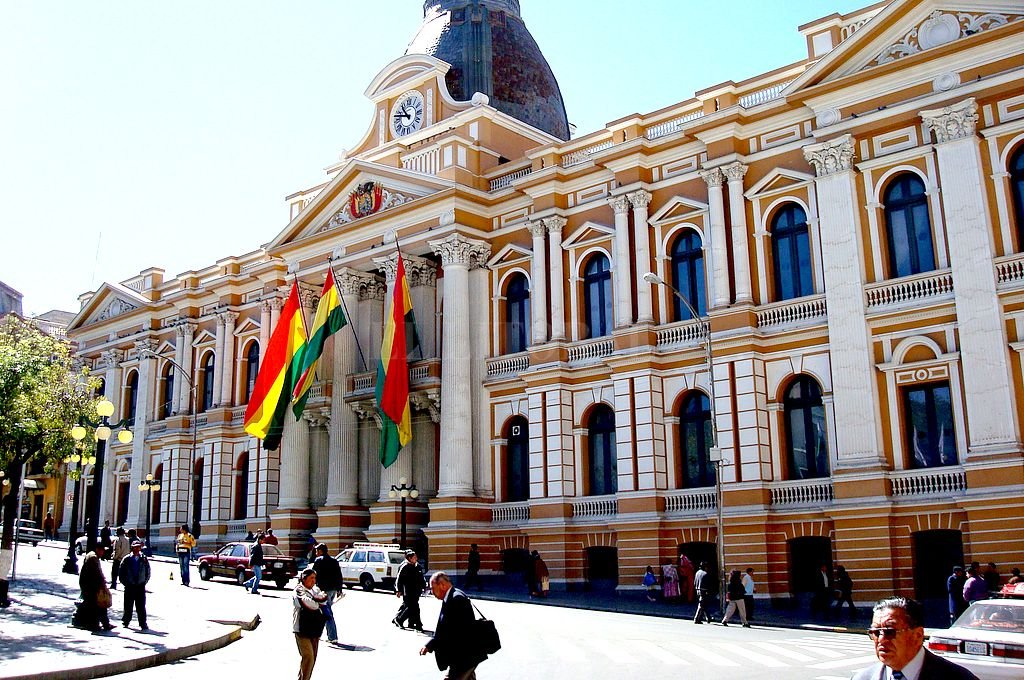
Bolivia
Impact | Negative
Civicus Rating | Obstructed
On October 8, the Bolivian Congress sanctioned a law promoted by the Executive Branch that regulates the official production of statistics, specifies the competencies of the National Statistics Institute (INE in Spanish) and keeps it under the orbit of the Executive Branch although with the character of a decentralized agency. It also includes pre-existing resolutions of lower legal rank related to the figure of “reporting” entities or entities obliged to provide information. The final text has not yet been published in the Official Gazette by the Executive.
The law in question classifies under the title of informants “all natural or legal persons of a public, private or mixed nature”, from autonomous territorial entities to foundations, non-profit entities, religious entities and cooperation agencies. These subjects have the obligation to provide the agency with the information requested by it. The information provided may not be disclosed on an individual basis and will only be published in a form that does not allow the identification of the provider. Nor may it be used for tax, judicial, administrative or police purposes, even by means of an administrative or judicial order.
In case of non-compliance, fines could reach up to 7200 Housing Development Units (equivalent to approximately USD 2500) and will be applied according to the principle of proportionality, depending on the degree of the infraction. The amounts, terms and other aspects of the sanctions will be established by means of a regulatory decree.
Although in its Article 6, the new regulation establishes that the INE is a decentralized, technical-specialized public institution, with administrative, financial, legal and technical management autonomy, with its own assets, opposition Senator Cecilia Requena (Comunidad Ciudadana) questioned the centralism of the structure that will continue to operate under the Executive Branch. On the other hand, and according to the annual report of the Inter-American Press Association, several local CSOs have warned that the law could be in conflict with Article 21 of the Constitution, as it grants INE the power to decide what data may or may not be disclosed.


